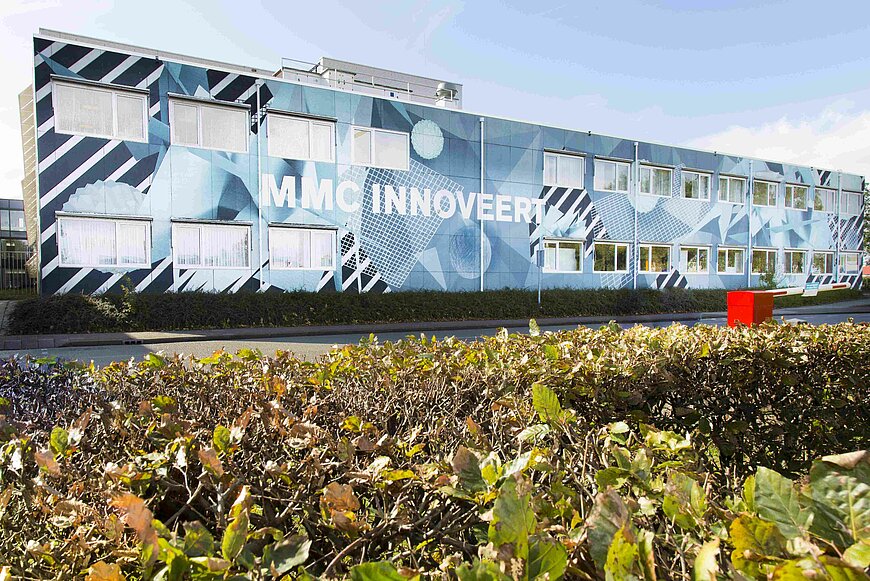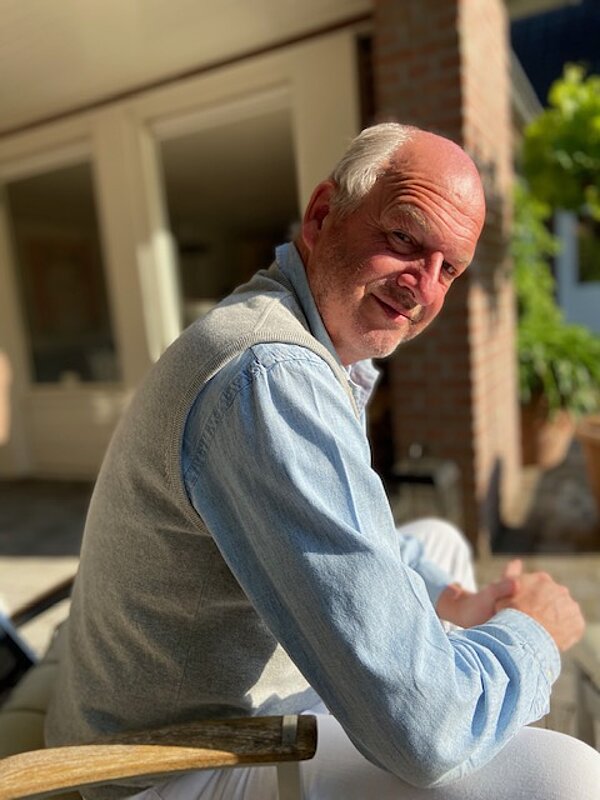Making hospitals more amenable to innovation despite jam-packed schedules
During Pioneers in MedTech, we tell stories about start-ups, suppliers and scientists who are working on the medical technology of the future. In this fourth episode: Máxima Medical Center.

Dries Steinmeijer, Business Development and Funding at Maxima Medical Center (MMC), is regularly confronted with the sentiment that the bar is set too high when it comes to start-ups gaining access to hospitals. Companies, start-ups or researchers who would like something from a hospital often find it a hard-to-reach, closed organization. "People work very hard in hospitals. Then if there are any innovation companies or start-ups that want to work with them, they often don't know where to turn. Especially since everyone is so busy, it can seem like there's no time for other things. When in fact that's not the case."

'Extra' work
In leading clinical hospitals such as MMC, experiments with innovative start-ups imply 'extra' work on top of the already jam-packed schedules of doctors and nurses. Whereas there is a budget for that sort of thing in academic hospitals, that is often not the case in the leading clinical hospitals. However, that does not mean that there is no room for 'extra' work as a consequence. At MMC, innovation is "kind of in its DNA," says Steinmeijer. "Doctors who work on an innovation project in their spare time are no exception. There are plenty of people in our hospital who are open to this. You just have to know how to find them."
Incubator, online visibility and the BOM
The MMC is keen to open its doors to innovation and is thinking about ways to facilitate these collaborations as best as it can. This is being done in various ways. For instance, on the grounds of the Veldhoven hospital there is a separate building where start-ups and researchers have established themselves and an innovation platform has been set up: MMC innovates. "People who are interested in innovation in hospital care can find us this way. And we put them in touch with the right person." Meanwhile, Steinmeijer is getting more and more adept at finding those right people. This has taken some time as doctors and nurses are hard at work and not all are open to 'extra' work.
In addition, MMC is one of two hospitals in the Dutch province of Brabant that has entered into a partnership with the Brabant Development Agency (BOM). Together with the BOM, MMC organizes meetings where start-ups are linked to experts at the MMC. That also works the other way around, says Steinmeijer. "If there is someone in our house with a good idea for a particular application, we can match that demand to the market."
Artificial womb
Opening those doors is paying off. For instance, MMC, together with the Eindhoven University of Technology (TU/e), has initiated a project to research an artificial womb that can replace incubators. The goal is to help extremely premature babies more effectively through the critical period of 24 to 28 weeks. This is a period in which the survival rate is still very low (50 percent). Babies who do survive often suffer chronic damage because the lungs are not yet mature enough to receive oxygen from outside. The artificial womb is intended to replace artificial ventilation. "A prime example of open innovation in our hospital. We started the project with TU/e. But it is now an international consortium of more than twenty parties," Steinmeijer says enthusiastically.
Nationwide measures
The MMC itself is already trying to do as much as possible to become more amenable to medtech start-ups, researchers and companies, but measures are also being taken on a nationwide level that should lead to healthcare workers being given more leeway.
As such, the government is encouraging cooperation between leading clinical and academic hospitals in the field of technology and innovation. Steinmeijer also endorses this: "At academic hospitals, the focus is much more on fundamental research and there is also a budget for this. But for our part, we tend to have more patients and therefore more practical experience. Leading clinical hospitals are the doers; with that experience we can provide academic hospitals with good support in their research."
Seek advice sooner
All well and good, but what can start-ups themselves do to raise their chances of success in hospitals? " Seek advice sooner! The sooner they come to us, the better. It's not just about the medical aspect, but also about financial feasibility. That knowledge is also available in the hospital; our procurement department knows all about that."
The wheels of the (innovation) bus go round and round
Brainport Development is working on a community to support start-ups, SMEs and large companies in the medtech sector with their specific challenges. According to Steinmeijer, Brainport can thereby play an important role in lowering the bar that the business community currently encounters when they approach hospitals.
As an example, with the help of Brainport, Prodrive Technologies was recently paired with two lung doctors from the MMC. At the R&D department of the technology company, they fleshed out an idea for an inhaler that will enable COPD and asthma patients to better manage the use of medication and the time when they administer it. In addition, they want to measure results remotely. "This would mean that patients would not have to go as often to the hospital for regular check-ups. The project is still at an early stage and we don't know if it will work out, but these kinds of collaborations are worthwhile. Brainport has an excellent oversight of companies in this sector; and as as a healthcare institution, we are more than happy to take advantage of that."
Is your start-up a medtech start-up and do you want to participate in an Innovation meets Hospital session? Contact Marielle Sleumer by sending her an email.